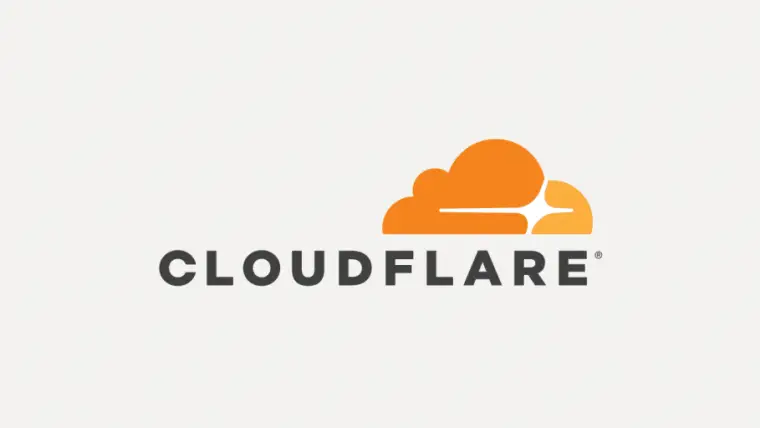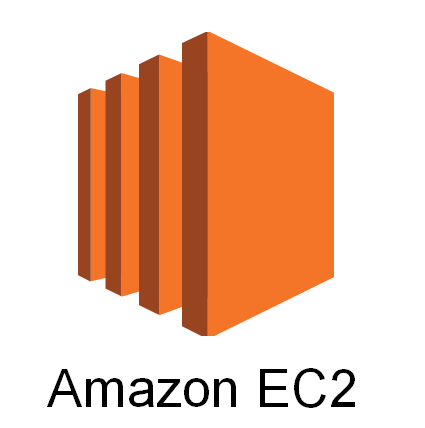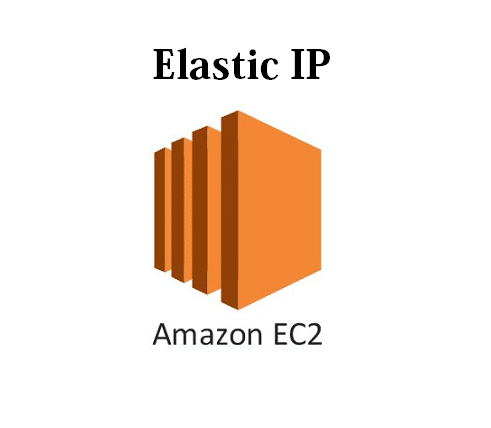Cloud computing refers to the delivery of computing services, such as storage, networking, software and analytics over the internet (the cloud).
These services are provided on a pay-as-you-go basis, allowing businesses and individuals to access and use the services as needed, without the need to purchase and maintain expensive hardware and infrastructure.

Advantages of cloud computing
One of the main advantages of cloud computing is its scalability. When using cloud services, businesses and individuals can easily increase or decrease the amount of resources they use, depending on their needs. This means that they only pay for what they use, rather than investing in expensive hardware and infrastructure that may not be fully utilized.
Another benefit of cloud computing is its reliability. Cloud service providers have multiple redundant systems in place to ensure that their services are always available and that data is always backed up. This means that businesses and individuals can rely on the cloud to keep their data safe and accessible, even in the event of a disaster or other unexpected event.
Cloud computing also provides greater flexibility and accessibility. With cloud services, users can access their data and applications from any device, anywhere, as long as they have an internet connection. This allows businesses and individuals to work more efficiently and collaborate more easily with colleagues and clients.
Types of cloud computing
There are three main types of cloud computing: public, private, and hybrid clouds :
Public clouds:
Public clouds are owned and operated by third-party companies, such as Amazon Web Services (AWS) and Microsoft Azure. They are available to anyone who wants to use them, and users only pay for the resources they consume. Public clouds are ideal for businesses that want to take advantage of the scalability and cost-efficiency of the cloud but do not want to invest in their own infrastructure.
Private clouds:
Private clouds are owned and operated by a single organization, and are not available to the general public. They are typically used by large enterprises that have specific security, compliance, or regulatory requirements that cannot be met by public clouds. it offer more control and customization than public clouds, but they also require a larger investment in infrastructure and staffing.
Hybrid clouds:
Hybrid clouds combine elements of both public and private clouds, allowing organizations to choose the type of cloud that best meets their needs. Hybrid clouds offer the benefits of both public and private clouds, such as scalability, flexibility, and customization, while also providing the security and control of a private cloud. Hybrid clouds are often used by organizations that have both sensitive and non-sensitive data, or that need to scale up quickly to meet changing demands.
Who are the big cloud providers
There are several large cloud providers that dominate the market, including :
Amazon Web Services (AWS) :
AWS is a comprehensive cloud computing platform that offers a wide range of services, including storage, computing, networking, database, analytics, machine learning, security, and more. AWS is the market leader in the cloud computing industry, with a significant share of the market.
Microsoft Azure :
Azure is a cloud computing platform and infrastructure created by Microsoft. It offers a range of services, including virtual machines, web and mobile apps, data storage, and analytics. Azure is widely used by businesses of all sizes and is particularly popular among developers.
Google Cloud :
Google Cloud is a cloud computing platform and infrastructure created by Google. It offers a range of services, including virtual machines, storage, networking, analytics, machine learning, and more. It is particularly popular among businesses that want to leverage the company’s expertise in machine learning and artificial intelligence.
IBM Cloud :
IBM Cloud is a cloud computing platform and infrastructure created by IBM. It offers a range of services, including virtual machines, storage, networking, analytics, machine learning, and more. IBM Cloud is particularly popular among businesses that want to leverage the company’s expertise in artificial intelligence and data analytics.
Oracle Cloud :
Oracle Cloud is a cloud computing platform and infrastructure created by Oracle. It offers a range of services, including databases, analytics, machine learning, and more. Oracle Cloud is particularly popular among businesses that want to leverage the company’s expertise in databases and data management.
To read the article in French click here.








nmtui : Configurer une adresse IP sous Linux
Empêcher les utilisateurs sudoers d’exécuter des cmds sudo
Résoudre l’erreur : WARNING: REMOTE HOST IDENTIFICATION HAS CHANGED!
Comment installer Nginx on Rocky Linux 9
Fail2Ban : How to protect Linux services